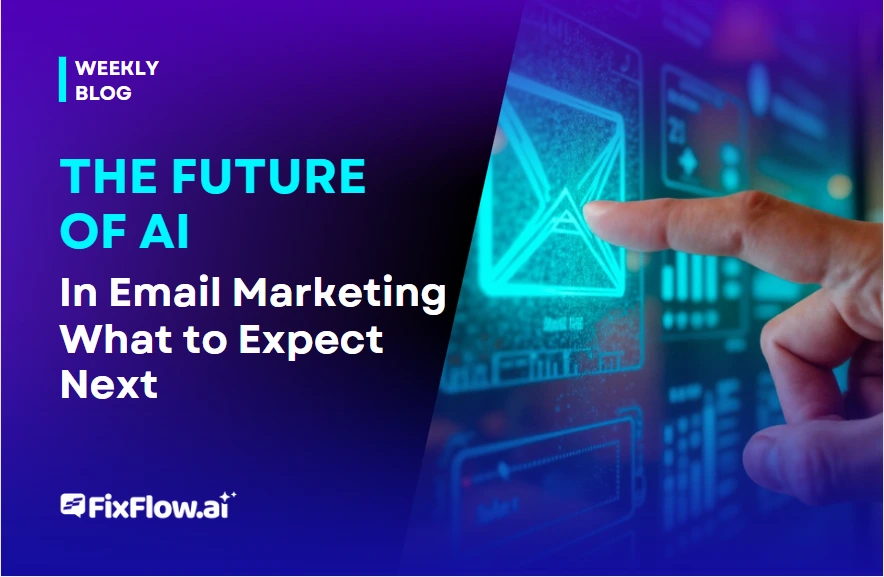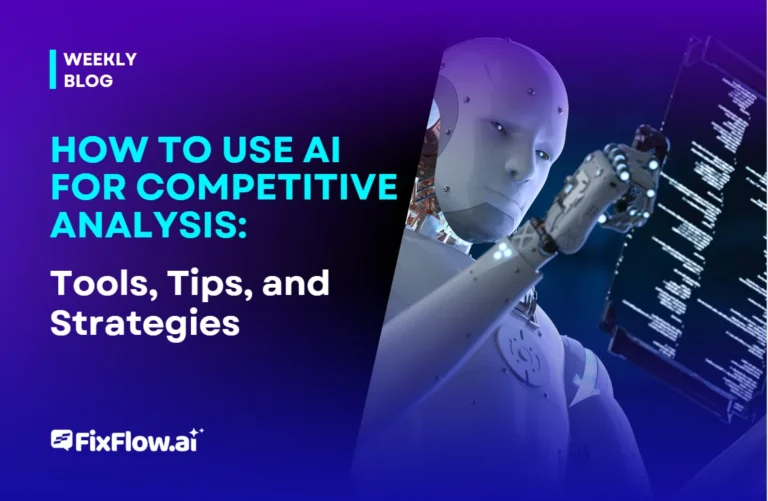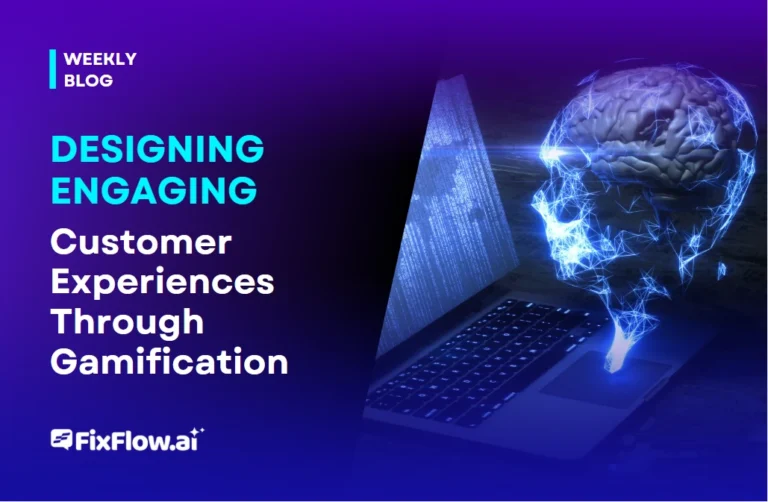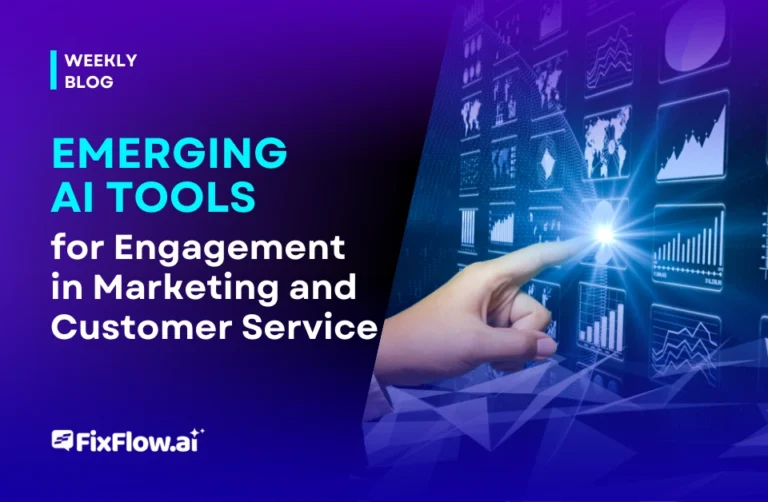The Future of AI in Email Marketing What to Expect Next
The future of AI in email marketing moves beyond basic segmentation to hyper-personalized experiences tailored to individual preferences in real time. You’ll see predictive content optimization, AI-driven delivery timing, seamless omnichannel integration, and natural language generation creating compelling copy. These advancements will deliver more relevant communications, higher engagement rates, and stronger customer relationships. Discover how these innovations can transform your marketing strategy and help you stay ahead of competitors.
Hyper-Personalization Beyond Customer Segments
The days of “Dear [First Name]” being impressive personalization are long behind us. Today’s AI-powered email marketing leverages predictive analytics in marketing to understand not just who your customers are but what they’ll likely do next.
Modern systems analyze thousands of data points, from purchase history to browsing patterns, creating dynamic content that adapts to individual preferences in real-time. Customer behavior prediction algorithms now anticipate needs before customers themselves recognize them, enabling you to send precisely what they want exactly when they want it.
You’ll soon see emails that automatically adjust their content based on the recipient’s current location, weather conditions, or even emotional state derived from their recent interactions with your brand. This isn’t just segmentation, and it’s hyper-personalized communication that feels remarkably human.
Predictive Content Optimization Through Machine Learning
Advanced machine learning algorithms now transform how you’ll craft email content, moving beyond simple A/B testing to sophisticated predictive optimization. These systems analyze thousands of previous campaigns to forecast which elements will resonate with specific recipients before you hit send.
You’ll soon leverage predictive content optimization to automatically select the most effective images, CTAs, and content blocks for each subscriber based on their historical engagement patterns. Machine learning models continuously refine these predictions by incorporating real-time feedback from user interactions.
This intelligence doesn’t just tell you what worked yesterday. It predicts what will work tomorrow. The technology identifies emerging trends in your audience’s preferences, allowing you to create content that anticipates needs rather than merely responding to past behaviors.
AI-Driven Email Delivery Timing and Frequency
Beyond what you say in your emails when you say it matters tremendously. AI systems now analyze historical engagement data to determine optimal delivery windows for each subscriber. These predictive send times guarantee your messages arrive when recipients are most likely to open them, whether that’s 6 AM for early risers or 9 PM for night owls.
More sophisticated systems incorporate customer intent forecasting, anticipating when users are ready to make purchasing decisions based on their browsing patterns and previous interactions. You’ll no longer need to guess the ideal frequency of communications; AI can determine if a customer needs weekly updates or monthly check-ins, automatically adjusting cadence to prevent fatigue and maximize engagement. This personalized timing approach has been shown to increase open rates by up to 25% compared to traditional scheduled blasts.
Seamless Integration With Omnichannel Marketing Ecosystems
Modern customers don’t experience your brand through email alone; they interact across websites, social media, mobile apps, and physical stores. AI-powered marketing tools now enable your emails to function as interconnected touchpoints within a broader customer journey rather than isolated campaigns.
When your email platform integrates with your CRM, analytics, and other channels, marketing automation with AI creates a unified experience. For example, a customer who abandons their cart on your website might receive a perfectly timed email featuring the exact products they viewed, along with complementary items based on their browsing history across devices.
This integration guarantees consistent messaging and eliminates the data silos that once prevented true personalization. You’ll deliver contextually relevant communications that acknowledge and respond to each customer’s entire relationship with your brand.
Natural Language Generation for Compelling Email Copy
Nearly every marketing team has struggled with crafting email copy that resonates with recipients while maintaining brand voice across hundreds of campaigns. Today’s natural language content generation tools are changing this reality dramatically.
You’ll soon witness AI-powered emails that don’t just sound human. They’ll understand your brand’s unique voice and adapt it for different segments of your audience. These systems analyze which phrases drive engagement and continually refine their outputs based on performance data.
What’s truly revolutionary is how these tools can generate variations at scale, allowing you to test dozens of approaches simultaneously. Rather than replacing creative marketers, AI augments their capabilities by handling routine copy needs while freeing them to focus on strategy and innovative concepts that require human insight.
Frequently Asked Questions
Will AI Completely Replace Human Email Marketers?
No, AI won’t completely replace human email marketers. While AI will transform how you handle repetitive tasks like segmentation and content generation, you’ll remain essential for strategy, creativity, and authentic connection. You’ll need to evolve your skills to work alongside AI tools, providing the human touch that machines can’t replicate. Think of AI as your powerful assistant rather than your replacement in the email marketing ecosystem.
How Much Does AI Email Marketing Technology Typically Cost?
AI email marketing costs vary widely based on your needs. Basic tools with AI features start around $20-100/month, while mid-tier solutions range from $200-500/month. Enterprise-level platforms with advanced AI capabilities can cost $1,000+ monthly. You’ll find pricing typically scales with list size, features, and sophistication. Many providers offer tiered pricing models, so you can start small and upgrade as your needs grow.
What Technical Skills Do Marketers Need to Implement AI Solutions?
To implement AI marketing solutions, you’ll need basic data analytics skills to interpret results and a fundamental understanding of marketing automation platforms. You should be comfortable with A/B testing frameworks and have enough technical literacy to collaborate with data teams. While you don’t need to code, understanding how algorithms work conceptually will help you make better strategic decisions. Consider upskilling in marketing analytics tools and basic data visualization techniques.
Can Small Businesses Benefit From AI Email Marketing Tools?
Absolutely, small businesses can benefit from AI email marketing tools. You’ll find many affordable solutions that scale with your needs. AI can help you segment your audience more effectively, personalize content without a large team, and optimize send times, all with minimal technical expertise. These tools level the playing field, allowing you to compete with larger companies by delivering targeted, relevant content that drives engagement and conversions at a fraction of the traditional cost.
How Do You Measure ROI Specifically From AI Email Initiatives?
To measure ROI from AI email initiatives, you’ll need to track specific metrics: conversion rates, revenue generated, time saved on campaign creation, and reduced churn. Compare these against your AI tool costs. Set up A/B tests between AI and non-AI campaigns to isolate the impact. Don’t forget to measure engagement metrics like open rates and click-throughs. Most AI platforms offer analytics dashboards that can help you calculate your return on investment directly.







